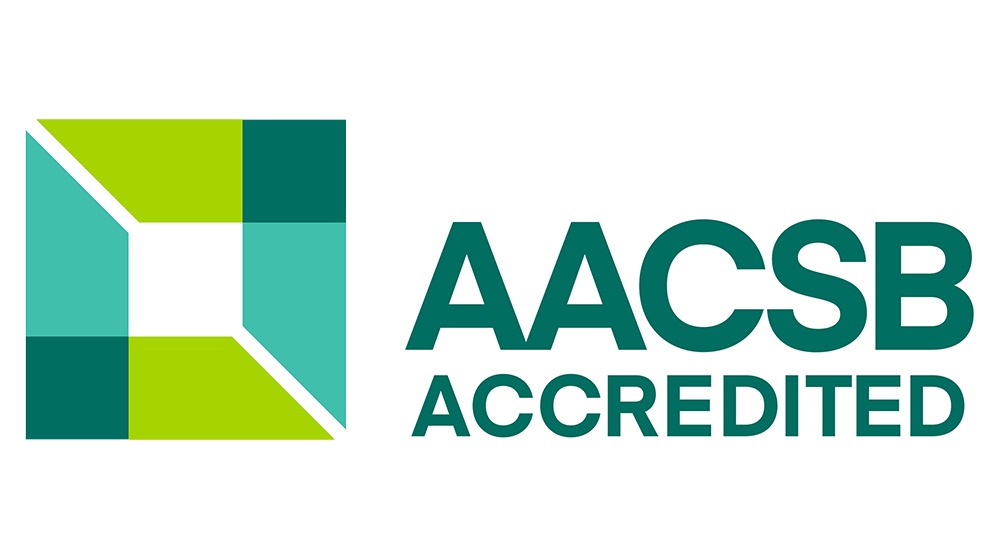Accountancy Master's
Designed for career changers, our online program focuses on accounting fundamentals - with no GMAT, bridge nor prerequisite courses required.
Offered 100% online, our Master of Accountancy: Fundamentals track (M.Acc.) can be taken part-time and is intended for individuals who have no background or undergraduate degree in accounting. You'll be equipped with essential, in-demand skills, to sit for the CPA exam and expand your opportunities.
- Program type:
- Master's Degree
- Format:
- Online
- Est. time to complete:
- 20 months
- Credit hours:
- 30
Why earn a Master of Accountancy degree?
Online Accountancy Master's
-
Offered by UND's College of Business & Public Administration and accredited by AACSB International and the Association to Advance Collegiate Schools of Business. Accreditation by AACSB International puts the UND in the top 5% of business schools in the world.
-
Ranked #7 as a best online business degree program by Best Value Schools.
-
Students gain valuable classroom experiences as well as prestigious internship placements at top firms around the country through experiential learning opportunities.
-
The Herr School of Accountancy awards approximately $100,000 annually, in addition to Nistler College and other scholarships, to its students.
-
UND accountancy students consistently perform well on all four parts of the CPA exam, with two M.Acc. graduates receiving the Elijah Watt Sells Award during 2022-2023.
-
Receive personalized career support through the Pancratz Career Development Center. The center is dedicated exclusively to career development for online and on-campus Nistler College of Business & Public Administration students.
What can I do with an accountancy master's?
Accountancy Master's Courses
Accountancy Master's Testimonials
-
I was attracted to UND’s online Master of Accountancy program mainly due to its flexibility (online format), its cost relative to other schools, and the fact that it is AACSB accredited. Those three things were what I really focused on when looking for schools
- Dexter K., Online Master of Accountancy Alumni
-
There are many factors that encouraged me to choose UND. Convenience, because as a mother of a newborn, an online part-time program allows me to work and eat from my home and with the time I have. Also flexibility, because even though there are weekly deadlines, these are still flexible. You can decide when you want to do it during the week. Prestige, of course, as I learn more about the University of North Dakota during my process of selecting a school, I learned about its prestige in the accounting world… Also, that your CPA pass rate is high.
-Laura Pflucker, Online Master of Accountancy Alumni

Leader in Accountancy
Zsofia Barandi became the 11th graduate to win the coveted Elijah Watt Sells Award for her performance on the CPA exam.
Read Zsofia's Story





